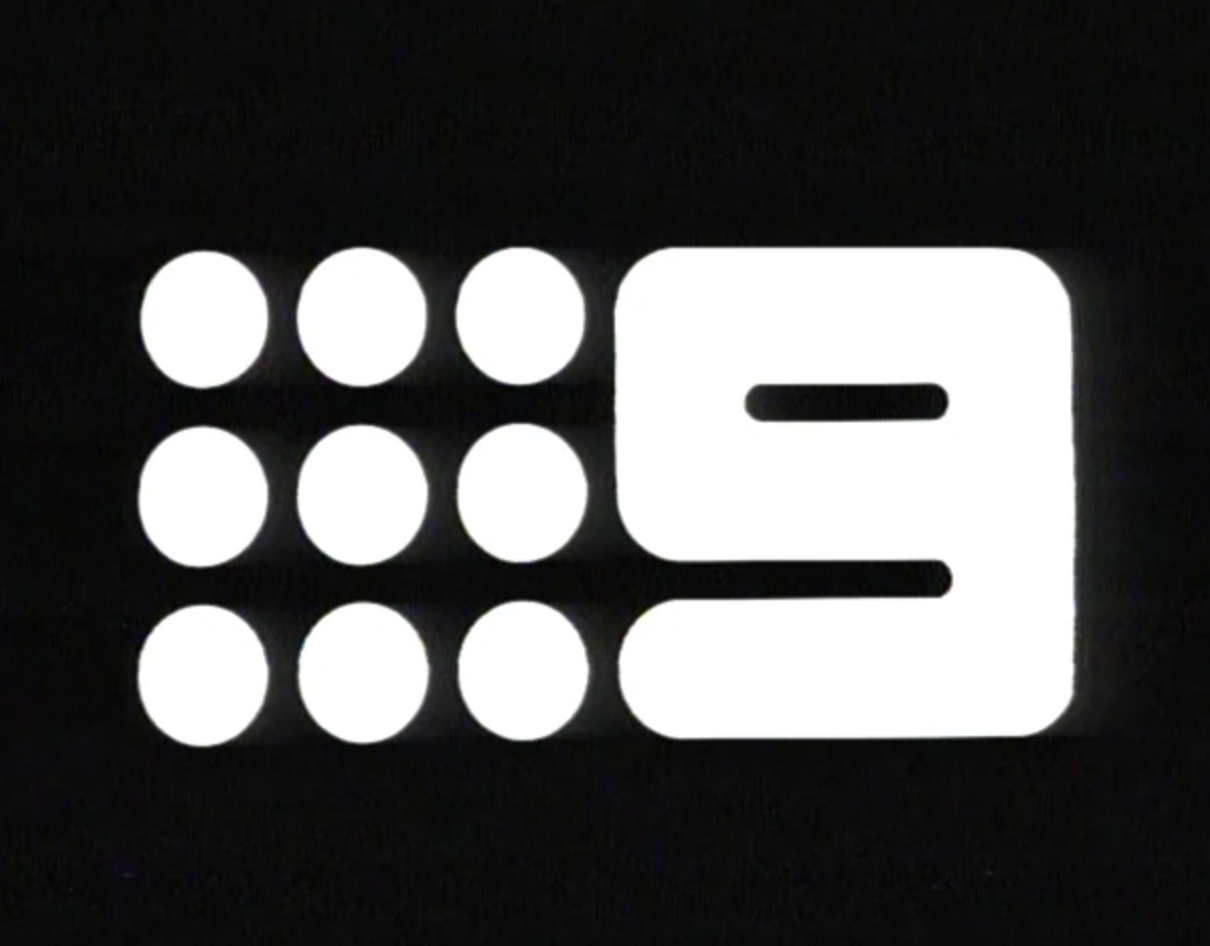Drugs, Alcohol & Vaping
Recommended Age Group: Any Age
Drugs, Alcohol & Vaping
This talk challenges the typical boring drug talks and instead focuses on why people turn to drugs and alcohol in the first place. It explores the idea that risky behaviours often come from unmet human needs.
Key reasons people use substances:
Acceptance: Teenagers deeply need to feel included. Fear of rejection can lead them to make risky choices, like drinking or taking drugs, just to fit in.
Self-Esteem: Many use alcohol or drugs to feel more confident or relaxed. However, long-term substance use often worsens self-esteem by creating regret and shame.
Boredom: Without positive outlets, young people can turn to substances for entertainment. Finding healthy passions like sports, arts, or new hobbies helps prevent destructive boredom-driven choices.
Emotional Pain: People often self-medicate emotional struggles instead of seeking help. Real strength lies in facing problems and asking for support from family, counsellors, or trusted adults.
Understanding Addiction:
Addiction in teens happens when repeated drug or alcohol use changes the brain’s chemistry, making it hard to feel normal without it. It often begins through experimentation, peer pressure, or emotional escape. Over time, casual use can spiral into dependency. Preventing addiction means building resilience early, promoting healthy coping strategies, strong support networks, and seeking professional help if needed. Positive passions, open conversations, and trusted adult guidance can make all the difference.
The presentation also teaches risk assessment — highlighting that every choice involves risks, but some risks have devastating consequences, especially when substances are involved.
Substance effects explored holistically (Physical, Mental, Social, Purpose):
Smoking & Vaping: Leads to significant health issues like cancer, heart disease, and social isolation.
Alcohol: Can cause physical harm (accidents, blood poisoning), mental health issues, breakdowns in relationships, and impaired judgment leading to life-changing mistakes.
Marijuana: Impairs brain development in teens, increases risk of depression and anxiety, and can erode motivation and personal drive.
Designer Drugs: Are unpredictable and highly dangerous, often containing toxic, unknown substances with severe risks.
Throughout the talk, real stories highlight the life-changing impacts of substance use — from hospitalisations to broken dreams — making it clear that addiction often starts casually but can quickly spiral.
The final message is empowering: you are not defined by your upbringing or friends. Each person can make independent, wise choices to build a life they are proud of. Living alcohol-free or drug-free is not about missing out — it’s about creating a future full of opportunities, health, strong relationships, and real happiness.
Ultimately, young people are challenged to take control of their futures, make healthy choices that meet their real needs, and set themselves up for the best life possible.
Australian Curriculum:
This presentation is tailored to the audience depending on age & outcomes. The presentation follows the Australian curriculum according to Educational Analysis and consulting.
Years 9–10
Identity and Influence (ACPPS089)
➔ Evaluate factors that shape identities, and critically analyse how individuals impact the identities of others.Managing Emotional and Social Changes (ACPPS090)
➔ Propose, practise and evaluate strategies to manage personal, physical and social changes.Health Risk Management (ACPPS091)
➔ Plan, rehearse and evaluate strategies for managing health, safety and wellbeing risks, including substance use.Building Resilient Communities (ACPPS092)
➔ Plan and evaluate strategies that promote inclusion and resilience in community settings.Health Literacy and Decision Making (ACPPS093)
➔ Critically analyse and apply reliable health information to propose and justify responses to health situations.
Years 11–12 (Senior Secondary — Health and Human Development)
Understanding Health and Wellbeing (VCE HHD Unit 1, Outcome 1)
➔ Analyse how personal beliefs, relationships, behaviours and risks impact identity and health outcomes.Managing Health and Development (VCE HHD Unit 2, Outcome 1)
➔ Develop strategies for managing physical, emotional, and social health risks, including substance use.Global Health Perspectives (VCE HHD Unit 3–4)
➔ Investigate how behaviour change strategies can improve community health outcomes, including mental health and substance use.


















